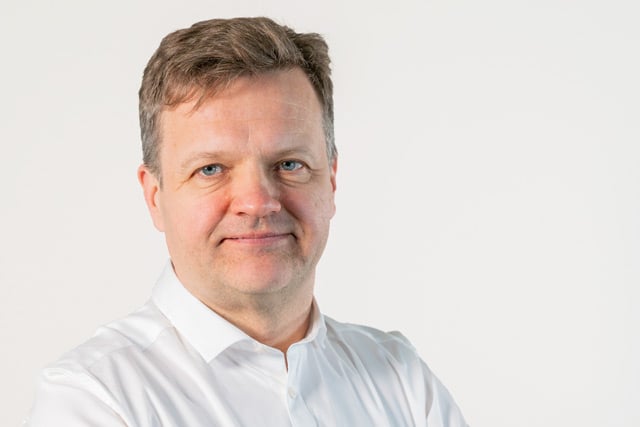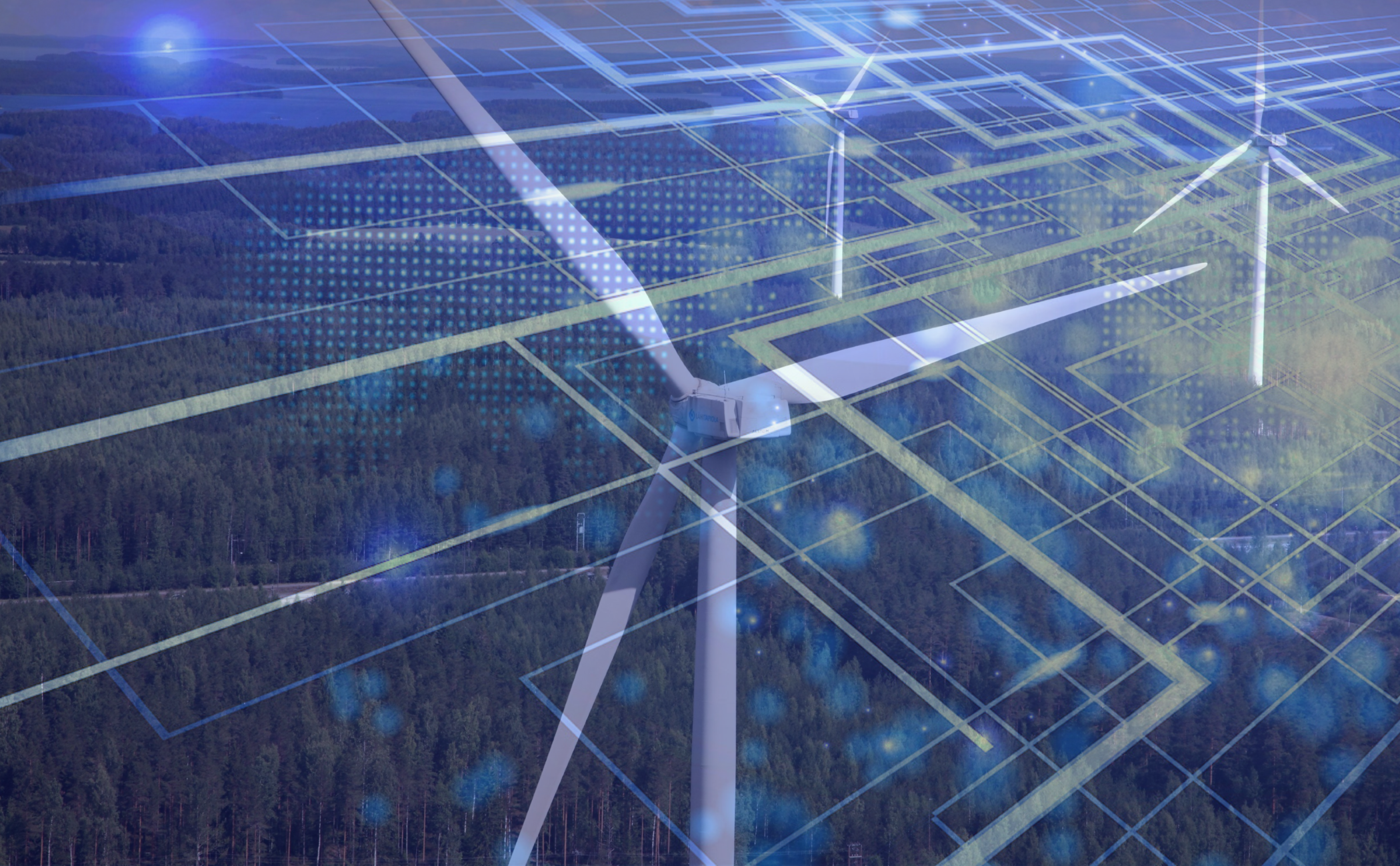Ari Piispanen founded his first company Konetuote Piispanen in 1989. Even then he was already comfortable in the office complex next to the LUT university in Lappeenranta Finland. The proximity to the university and the business network on the same campus are still the reason he stays in Skinnarila - even though he has already started ten companies.
Piispanen, who came from the world of mechanical engineering, now focuses his business and innovation activities on sustainable development and green energy inventions and their commercialisation. He currently holds more than 60 patents.
Climate change can be mitigated
Less than 10 years ago, Piispanen became concerned about climate change and decided to focus his expertise on research and mitigation.
- Development work has shown that it is technically and economically feasible to manage climate change, says Piispanen.- Clean energy sources, such as wind and solar power, are now cost-effective.
In addition, Piispanen says, solutions are needed to store energy, to remove carbon dioxide from the air and turn it into hydrocarbons, and to halt deforestation and desertification through technology. In Lappeenranta, equipment and solutions for all three areas will be developed and manufactured by the companies founded by Piispanen.
- Soletair Power Oy produces synthetic renewable fuel from carbon dioxide, which is captured from the air entering buildings, Piispanen tells- So we produce fuel from the air, so it's very ecological production.
Elstor Ltd, on the other hand, is focused on energy storage, which is needed because the demand for electricity is not constant, but is affected by both the amount of generation and how wind and solar energy can be produced.
- We have developed a solution whereby electrical energy can be stored and then discharged as heat or steam when needed. This is a new type of heat accumulator, which can therefore be used as emission-free thermal energy at the desired time, explains Piispanen.- The innovation is based on the changes in the state of the material at high melting temperatures. So the same thing that happens when water freezes, but here it happens at 300 degrees Celsius.
The solar-electric system induction cooker developed by Afstor Oy can produce the energy needed for cooking, lighting and electrical appliances. This invention will have far-reaching consequences, for example in poor areas of Africa, both in terms of raising living standards and tackling climate change. There is already practical knowledge and experience of this.
Solar-powered cookers provide electricity and internet access
Currently, an African family of five uses around 4000 kg of wood per year, which produces 6.4 tonnes of carbon dioxide emissions. There are millions of such families in sub-Saharan Africa, and if they can be provided with a climate-sustainable energy production system without cutting down trees, it will be a truly massive climate change achievement.
Afstor has supplied more than 100 solar-powered stoves with internet access to the village of Chiyumu in Zambia.

The electric cookers alone have brought a lot of benefits to the village, in addition to reducing carbon emissions, says Piispanen.
- In the past, both mother and children spent their time gathering wood and cooking on an open fire. Now, time - and a large amount of wood - is saved, allowing children to go to school and mothers to do productive work, or even plant trees.
When new trees are planted to replace lost forests, desertification and thus climate change will slow down.
- About 100 000 trees have been planted so far, says Piispanen.
- Local people plant the seedlings themselves, which are grown in their own nurseries. The villagers also make their own solar-powered cookers and maintain them themselves.
The Internet also enables virtual learning
In this way, one invention creates wealth and work for many. And the benefits don't stop there. Thanks to the internet connection in the stove, virtual learning has become possible. LUT, Aalto and the LAB University of Applied Sciences, part of the LUT group, are also contributing to this.
- In 2021, I was on a working life exchange in Afstori and I was involved in a Finnpartners environment mapping study, which examined the possibilities of university cooperation in Zambia, says Ville Lehto, Lecturer in Business Administration at LAB-ammattikorkeakoulu.Today, this educational cooperation is already a reality, and universities are providing virtual education in the Finnish learning environment.
- This has a significant impact on employment, as the training enables young people to, for example, start businesses or find employment, thus improving living conditions in Zambia, Lehto continues.Both Piispanen and Lehto see the use of new technology as a great opportunity to raise living standards in poorer regions while mitigating climate change with relatively small investments.
- I would say that solar networks with internet routers are the best kind of development cooperation, where the changes are permanent, says Piispanen.Piispanen does not yet believe that this invention will change the world completely, but he thinks that even that could be achieved with a reasonable amount of money.
- 100 million such systems would cost 100 billion and, according to calculations, would stop desertification and tree loss.- The invention has also been awarded the Gold Standard by an external certification authority, which is awarded to carbon offset projects and emission credits that exceed the basic requirements of the Kyoto Protocol and other international carbon accounting mechanisms. This also allows the product to participate in the carbon offset trade.




